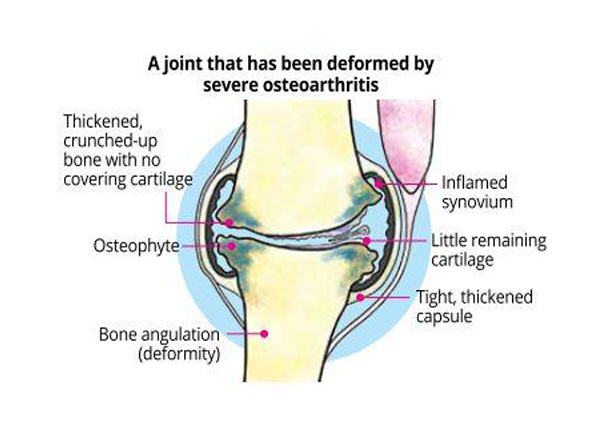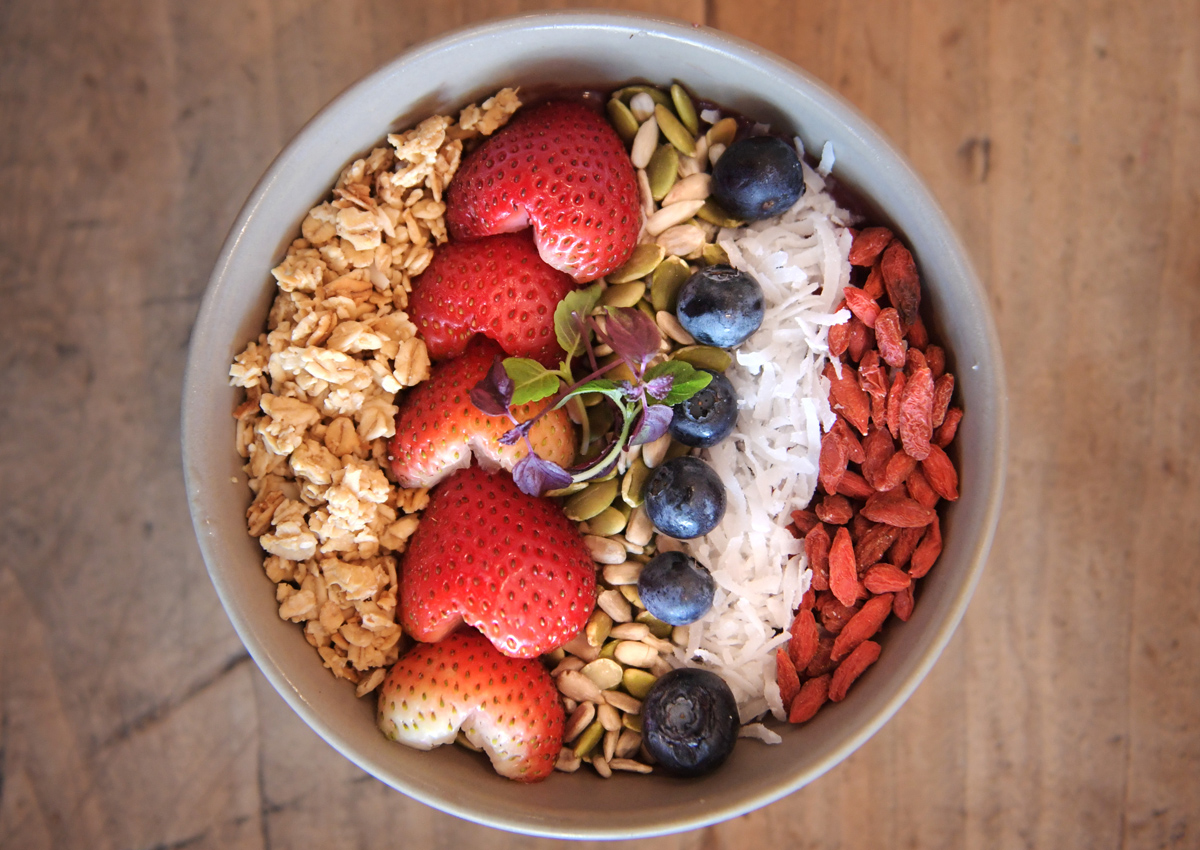Diabetic? Here's how to keep your blood sugar levels normal and stable
PETALING JAYA – Diabetic patients will be relieved to know that they need not totally remove their favourite foods from their to-eat list.
There are a few ways to achieve normal and stable blood sugar levels. Dietitian Poh Kai Ling explains how.
What is a normal blood sugar level? Why is it important?
The normal blood sugar level, according to the Clinical Practice Guidelines Management of Type 2 Diabetes Mellitus, is 4.4mmol/L to 7.0mmol/L for fasting and 4.4mmol/L to 8.5mmol/L two hours after food.
Everyone should try to achieve normal blood sugar levels. For those without diabetes, it is a preventive measure, while for those with diabetes, they need to do this to prevent complications.

Is maintaining normal blood sugar levels achievable? Are medications the only way those with diabetes can control their sugar levels?
This will depend on the type of diabetes. Type 1 diabetics need insulin.
For those with type 2, if they control their diet but still cannot achieve normal blood sugar levels, the doctor will start them on medications.
For pregnant women with gestational diabetes, they can try and control glucose levels through diet, but if this is not effective, then they will need medications.
What are the foods people should eat to keep blood sugar levels stable? Is there a difference in diet between those with diabetes and those without?
If people take big portions of carbohydrates, it will cause blood sugar levels to spike. This is not good.
We recommend people to divide a normal food plate (23cm in diameter) into a quarter of rice (carbohydrates), a quarter of meat (protein) and a half plate of vegetables. A quarter portion will be equivalent to each person’s palm size.
This is a stable diet and is suitable for everyone.
For those who need to control their weight, we have to tailor it to cut down on sugars and carbohydrates.
Some say that ensuring adequate amounts of protein helps with stabilising blood sugar levels. If this is true, how much protein should one consume?
As explained, we should follow the quarter plate carbohydrates, quarter plate protein and half plate vegetables as a general guide for main meals.
As for the amount of protein one should consume, it is 0.8g to 1.0g of protein per kg of weight.
But to achieve a stable blood sugar level, it is not just about protein. One should also get enough good fats and fibre.
If you consume too much carbohydrates or eat more than what you need, then your blood sugar level will shoot up.
It is not just about protein, but a balanced meal. If you take too much protein, you will lack other nutrients such as those found in vegetables and fruits.
When we control our diet, we need to look at it holistically. If you just eat bread, you may not feel full, but if a sandwich has chicken or eggs, you will feel full and will likely not binge-eat.
The combination of food will also slow down sugar absorption, thus your sugar level will not spike quickly.
Eating too much of certain proteins may also lead to high cholesterol, such as meat that comes with too much fat. You may put on more weight too.
Some people think that protein and fat are not sugar and can be consumed liberally. But excessive calorie intake will cause weight gain and this can lead to insulin resistance, and eventually, difficulty in controlling blood sugar levels.

Do people with diabetes need more nutrients to cope with their condition compared to those without diabetes? If they do, what are the nutrients that are important?
There is no need for any special nutrient to cope with diabetes. The main thing is to control food portions and distribution.
Space them out, especially carbohydrates, in small amounts. Eat three main meals a day and one or two snacks in between.
If diabetic patients have wounds, they need more protein but reduced sugar and carbohydrate intake.
Those with kidney problems will need to restrict protein intake.
Do people with diabetes experience slow wound healing because they are not getting enough nutrients? Does good nutrition help speed up wound healing?
Protein, vitamins and minerals are vital for wound healing.
Good blood sugar control is important to help the wound heal better. Limit sugar intake, control carbohydrate intake, and make sure you eat adequate protein to help wounds heal faster.
Does exercise help with keeping blood sugar levels stable?
Exercise helps control body weight. Hence, there’s less of an issue with insulin resistance.
An ideal body weight helps control blood sugar levels better. Exercise 150 minutes per week.
Have you any other observations or advice about how to keep blood sugar levels normal?
Do everything in moderation. There are a lot of “special” diets out there such as avoiding carbohydrates, eating lots of white meat, etc. Balance and moderation are vital.
People say that fibre is good, but too much is also not good as it can lead to constipation and bowel obstruction.
Moreover, if you take too much fibre, you have less of other foods such as protein and carbohydrates.
Ensure adequate daily vegetable and fruit intake. Take three servings of fresh fruit each day, preferably not juice but whole fruits.
Eat different colours of vegetables and fruits.
Don’t simply follow any food fad out there because it may not be suitable for you. Diabetics with different issues will need different types of diet management. Seek advice from a dietitian.
READ ALSO: Fighting Diabetes – All Your Questions Answered
Published at Sat, 25 Nov 2017 06:00:00 +0000





